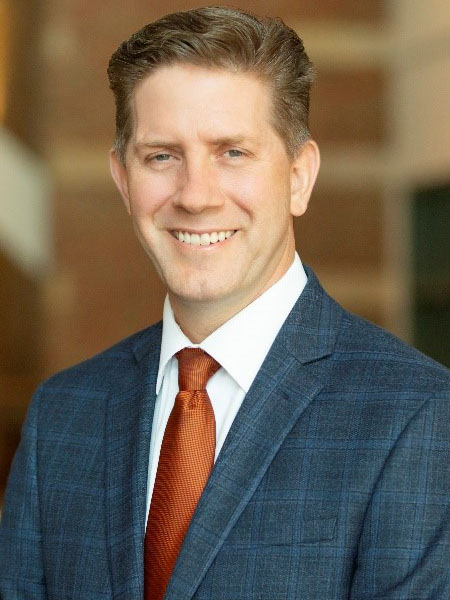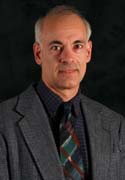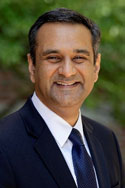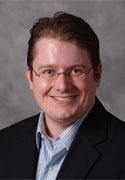Researchers at the Beckman Institute and the University of Illinois are constantly making new discoveries and innovations that have the potential to have great impact on our society. Sometimes, however, facilitating and protecting these discoveries can be tricky territory to navigate. Luckily the Office of Technology Management (OTM) is here to help. As OTM states on the website, their mission is to encourage innovation, enhance research, and facilitate economic development through the transfer of intellectual property.
The Beckman Institute and its faculty members are no strangers to invention disclosure, patents, patent applications, and start up business ventures and they have successfully worked with OTM on numerous projects. In fact, in a 10 year report (2000-2009) of the history of the results of IP disclosures, the Beckman Institute’s most recent year of data shows Beckman Institute technologies accounted for approximately 16 percent of the IP disclosures, 29 percent of the patent applications, 26 percent of the patents issued, and24 percent of the licensing agreements.
OTM has been increasingly active on campus and their data shows that 70 percent of their available portfolio has been actively marketed. They also continue to maintain their presence within the Beckman Institute which began three years ago. Steve Wille, senior technology manager at OTM, spends at least one day a week at the Beckman Institute to help researchers identify and evaluate IP, as well as provide faculty with guidance and education through the patent, licensing, and commercialization processes.
In 2010, the University of Illinois at Urbana-Champaign executed 40 licenses and options, including the first significant license covering the use of deuterium in semiconductor devices. Beckman researchers Joe Lyding and Karl Hess had their first discovery moment in 1996, but it wasn’t until 2010 that the licensing agreement was finally signed. In a Beckman Institute news story posted on January 27, 2010, Lyding said patience is the key to success.
“The University of Illinois deserves a great deal of credit for exhibiting the institutional patience needed to see the deuterium technology through the 13 years from discovery to a license agreement,” Lyding said. “At many times during this period the entire process was fragile and could have easily succumbed to internal or external pressures. In view of the costs and the risks, decisions had to be made at the highest levels to keep the entire process afloat.”
Other Beckman faculty members that have had technologies recently licensed include Scott White (self-healing materials and CornBoardTM), Stephen Boppart (optics/tissue imaging), Kenneth Suslick (colorimetric sensing), Rohit Bhargava (chemical imaging for cancer pathology), John Katzenellenbogen (inventions for pharmaceutical creation), William King (microstructured patterns), Yoram Bresler (CT construction algorithms), and Klaus Schulten (computational dynamics).



